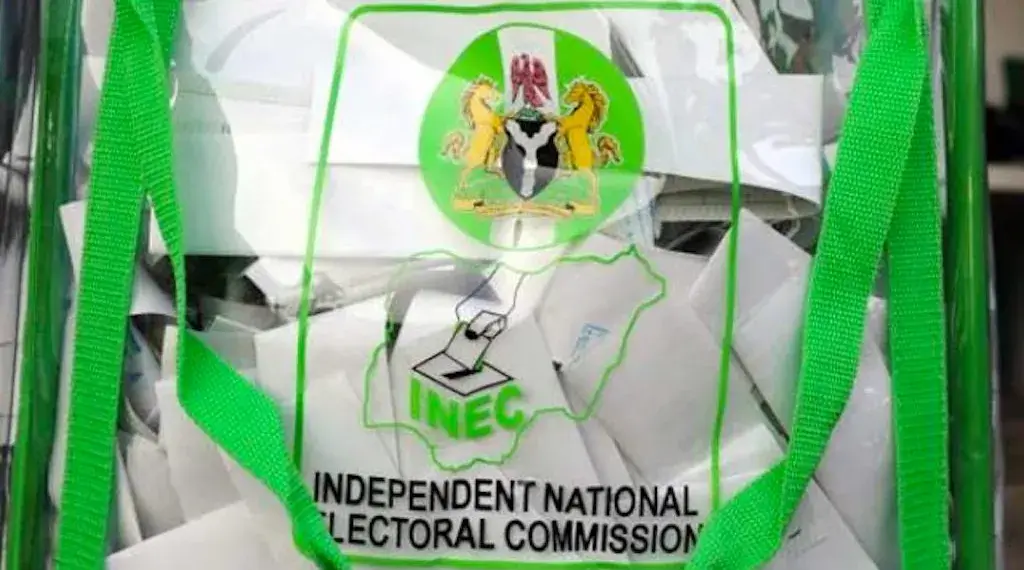Federal Capital Territory, FCT, senator, Ireti Kingibe, has emphasized the need for new legislation in Nigeria to ensure the inclusion of women in governance.
Speaking as a guest on Arise Television on Sunday, Kingibe highlighted that countries with women in governance demonstrate a direct correlation between economic development and women’s participation in policy and decision-making.
She said, “In the parties you know, let me give you an example. When they ask for three delegates from each Ward, they’ll just bring male delegates.
“Immediately the parties say three delegates from each Ward, but one must be a woman, they’ll start to bring in the women.
“I’m not trying to say that we are law abiding, but it would help if it was the law, number one.
“Then it means that the onus will be on the parties, government agencies, whatever to look for competent women, do you understand. And, they are there.”
Addressing the notion that women do not support each other in elections, Kingibe stated that this is a thing of the past, noting that there is now greater awareness among women.
She revealed her efforts to create a database of women across the country to use women voters as a lobbying block.
Kingibe said, “I’ll tell you, the truth is that, maybe that was so in the past, but the awareness and thinking of women has changed somewhat.
“I know that I got a lot of support from women across board, across parties, across everything, number one.
“Number two, myself and some other women are working on creating database of women all across the country. So we can use women voters as a lobby block because it’s not enough to say do something.
“You have to show me that so, if I don’t do it, what will you do? Do you understand. And that would help.
“And the second thing, why women are not voting for women, how many women do you see on the ballot? That is also a problem.
“Even as proactive as I expected Labor Party to be, out of a hundred and nine tickets, maybe only two or three were women, and that is across board.
“So, unless women are on the ballot, you can’t say they’re not being voted for.” She added.
Women representation in government in Nigeria remains a topical issue in the political space.
Currently, the Nigerian Senate has only four women.















 English (US) ·
English (US) ·